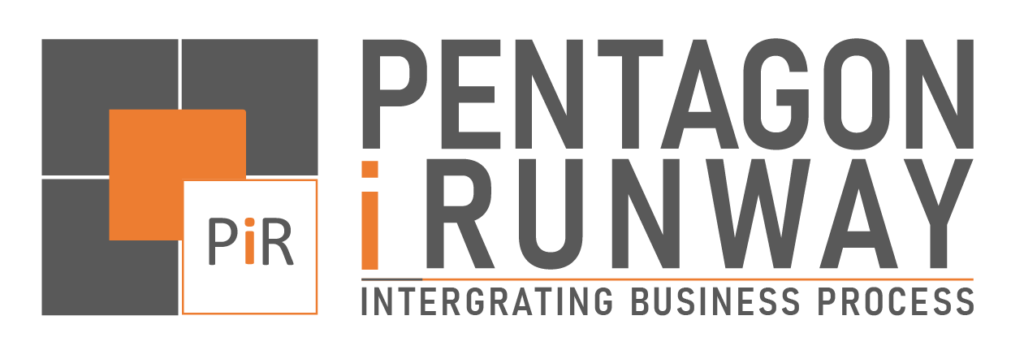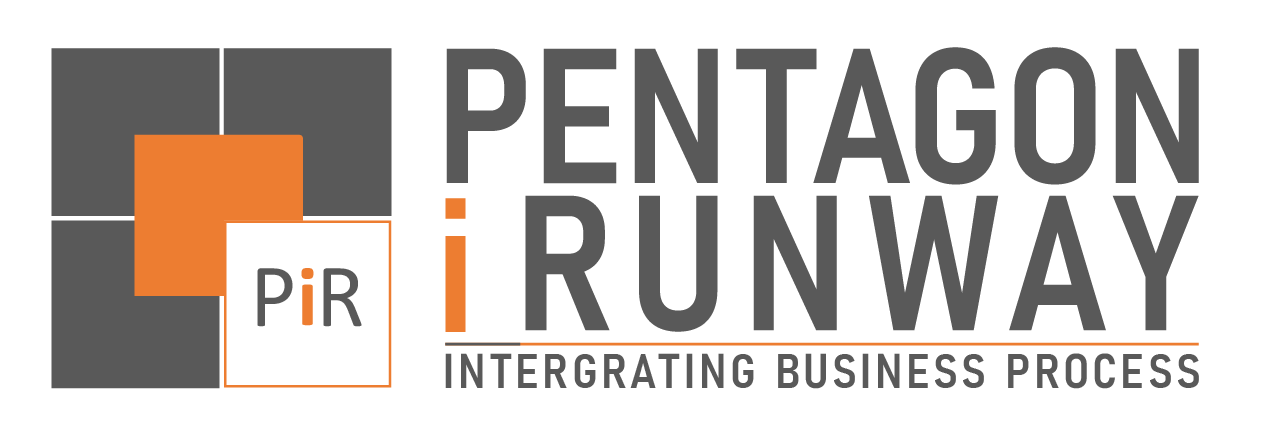In today’s competitive business environment, data has become the backbone of decision-making. For businesses in Sri Lanka looking to leverage the power of data analytics, choosing the right tool can make all the difference. Qlik, a leader in business intelligence (BI), offers two popular platforms: QlikView and Qlik Sense. While both tools serve the purpose of delivering insights, they cater to different needs. This guide will help you understand the core differences between QlikView and Qlik Sense, so you can decide which tool is best suited for your business.
Understanding the Core Differences Between QlikView and Qlik Sense
QlikView – A Traditional Approach to Business Intelligence
QlikView is Qlik’s original analytics tool, known for its script-based approach to data visualization. It allows users to create highly customized dashboards and guided analytics reports. However, to unlock the full potential of QlikView, businesses usually need an in-house or external expert skilled in scripting. While it offers detailed control over data modeling, its static dashboards make it better suited for businesses with defined reporting requirements.
Key Features of QlikView:
- Guided analytics: Pre-designed dashboards that help guide users through insights.
- Script-based customization: Greater flexibility for those with technical skills.
- Best for traditional reporting: Ideal for businesses that rely on static, highly customized reports.
Qlik Sense – The Modern, Self-Service Analytics Platform
On the other hand, Qlik Sense is a more modern, self-service analytics platform that empowers users to interact with data without needing advanced technical expertise. Its cloud-based infrastructure and intuitive drag-and-drop interface make it highly user-friendly, even for business owners who aren’t data experts. Additionally, Qlik Sense is AI-powered, offering smart insights and advanced data visualization that can help businesses adapt quickly to market changes.
Key Features of Qlik Sense:
- Self-service analytics: Non-technical users can explore data freely.
- AI-powered insights: Automatically generated data insights to improve decision-making.
- Cloud and mobile-ready: Access data anytime, anywhere – perfect for Sri Lankan businesses looking to stay agile.
Key Benefits of QlikView for Sri Lankan Enterprises
Streamlined Reporting for Structured Data Analysis
Many Sri Lankan enterprises, especially those in manufacturing, banking, or logistics, may have structured reporting needs. QlikView excels in this area by providing a stable platform where predefined reports are generated from structured data. This is ideal for companies that rely on consistent, predictable reporting to meet business or regulatory requirements.
In-Depth Control Over Data Modeling
For businesses in Sri Lanka with dedicated IT teams or external consultants, QlikView offers unmatched control over data modeling. This tool gives developers and data analysts the flexibility to create complex data relationships, making it ideal for large organizations that need custom analytics solutions.
Why Sri Lankan Businesses Are Embracing Qlik Sense
Enhanced Data Visualization for Decision Making
Qlik Sense is quickly becoming the preferred tool for many Sri Lankan businesses due to its ability to deliver rich, interactive data visualizations. Decision-makers can instantly understand trends, anomalies, and opportunities by using its advanced charts and graphs. For small and medium-sized enterprises (SMEs) in Sri Lanka, Qlik Sense simplifies the decision-making process without requiring significant technical expertise.
Mobile and Cloud-Ready Analytics for a Global Market
With Sri Lanka being an emerging hub for global outsourcing and export-oriented businesses, having access to cloud-ready and mobile analytics tools is vital. Qlik Sense allows business leaders to access real-time data and reports on their mobile devices, empowering them to make data-driven decisions on the go. For companies aiming to expand globally or compete internationally, this level of agility is essential.
Which One is Right for Your Business in Sri Lanka?
Comparing Costs and Scalability
When it comes to cost and scalability, both QlikView and Qlik Sense offer different pricing models. Qlik Sense operates on a more flexible, subscription-based pricing model, making it a better choice for small businesses that may need to scale quickly. On the other hand, QlikView is typically a more cost-effective option for larger companies that need long-term, stable solutions with lower ongoing operational costs.
For small startups or mid-sized Sri Lankan enterprises, Qlik Sense may offer the flexibility and lower upfront investment required to grow. Meanwhile, QlikView might be more appropriate for well-established companies with complex reporting needs.
Use Cases in Sri Lanka – Which Tool Works Best for Your Industry
In Sri Lanka’s retail industry, where businesses need to make quick decisions based on customer behavior, Qlik Sense stands out as the preferred tool due to its self-service and visualization capabilities. Conversely, in industries like banking and telecommunications, where reporting must be consistent and compliant with regulatory requirements, QlikView offers the structure and precision needed to meet these demands.
One of Sri Lanka’s largest conglomerates, Hayleys, implemented QlikView to streamline data reporting across its diverse sectors, including agriculture, manufacturing, and transportation. Before Qlik, consolidating data from various divisions was challenging, often delaying decisions. With QlikView, Hayleys achieved real-time insights and automated reporting, improving overall efficiency. The company also explored Qlik Sense for more visual-driven analytics in customer-facing divisions, using a tailored approach to meet the unique demands of its business units.
Making the Transition: How to Shift from QlikView to Qlik Sense
Key Considerations When Migrating to Qlik Sense
For businesses currently using QlikView, transitioning to Qlik Sense requires careful planning. The two platforms operate differently, so it’s crucial to assess your business needs, data architecture, and end-user goals. Companies in Sri Lanka looking to migrate should ensure that their teams are adequately trained and prepared to make the shift, and it’s recommended to leverage a local Qlik expert to ensure a smooth transition.
Leveraging Local Expertise for a Smooth Transition
Sri Lankan companies planning a move to Qlik Sense can benefit from the local expertise of certified Qlik consultants. These professionals can guide the business through data migration, system configuration, and user training. You can reach out to Qlik partners in Sri Lanka for support or explore Qlik’s official migration resources to ensure a seamless shift.
Conclusion: Driving Business Success with the Right Data Analytics Tool
Choosing the right data analytics platform—QlikView or Qlik Sense—depends on your business’s unique requirements. QlikView offers deep control and structured reporting, making it a strong contender for larger enterprises and industries with strict reporting needs. On the other hand, Qlik Sense is perfect for businesses that need agility, visualization, and cloud-ready access.
Whether you’re a small business owner looking to scale or a large enterprise seeking robust, traditional reporting, the right choice of tool can help drive your business success. For personalized advice, consider consulting with local Qlik experts to evaluate your business goals and determine the best fit for your Sri Lankan company.
1. What’s the main difference between QlikView and Qlik Sense?
QlikView is designed for guided analytics with pre-built dashboards, while Qlik Sense is focused on self-service analytics and user-friendly data exploration.
2. Which tool is better for small businesses in Sri Lanka?
Qlik Sense is more suitable for small businesses due to its flexibility, ease of use, and cloud-based options.
3. Can I use both QlikView and Qlik Sense together?
Yes, many businesses use QlikView for structured reporting and Qlik Sense for modern, visual analytics.
4. Is Qlik Sense cloud-based?
Yes, Qlik Sense offers cloud and mobile-ready analytics, making it accessible anywhere.
5. How do I migrate from QlikView to Qlik Sense?
Migration involves careful planning, but Qlik offers support and tools to help businesses transition smoothly.


